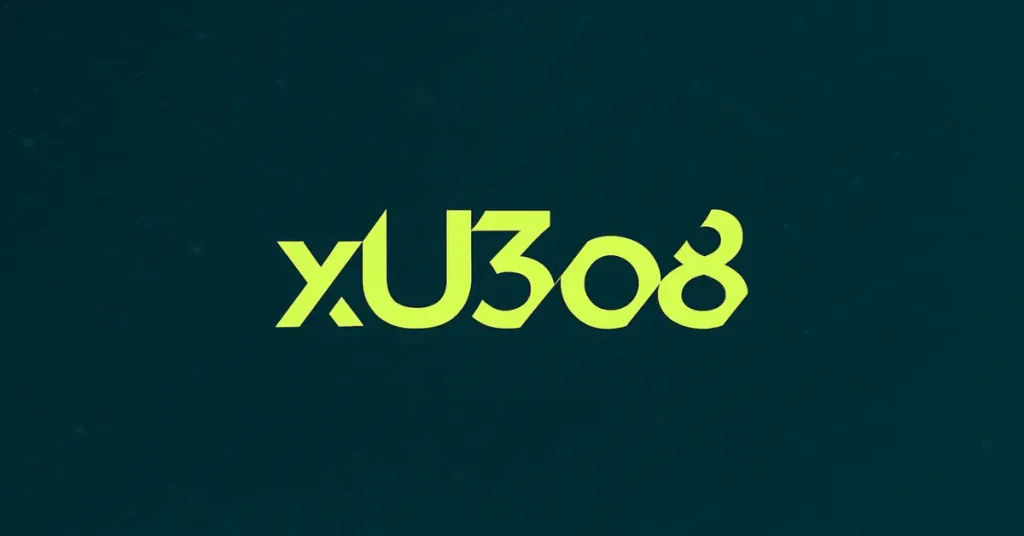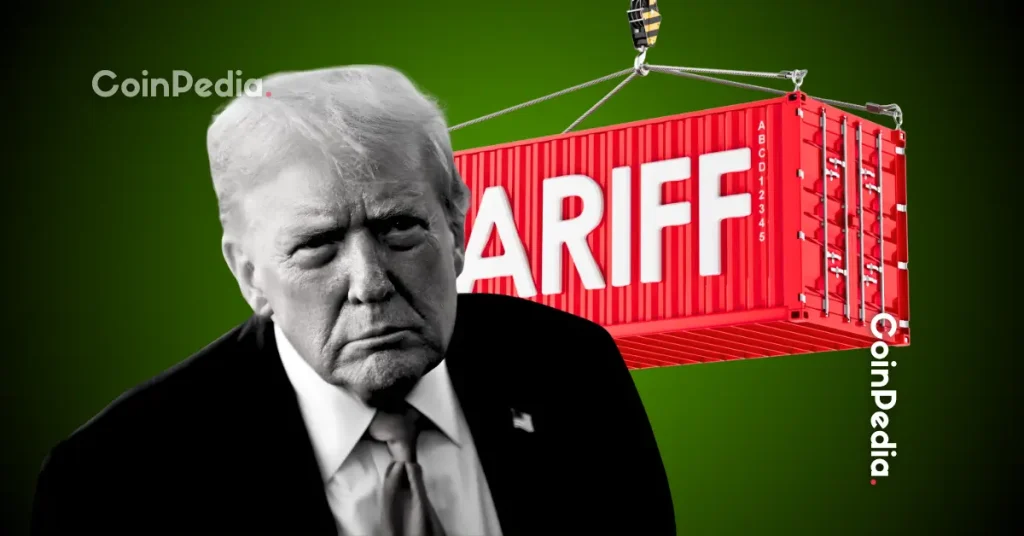
The post Physical Uranium’s Intersection with DeFi Represents a Turning Point for the Precious Metal, with Uranium.io Leading the Way appeared first on Coinpedia Fintech News
While initially relegated to the realm of a chosen few, the trading of precious metals, especially Uranium, has officially crossed into the mainstream. In this regard, the launch of Uranium.io’s xU3O8 lending on Oku now enables investors who own the world’s first tokenized physical uranium asset to use their holdings as collateral to secure loans (in the form of USDC, a Circle backed stablecoin).
On the development, Ben Elvidge, product lead for Uranium.io and head of commercial applications at Trilitech (Tezos’s London-based R&D Hub), believes that the integration is of immense significance as it offers the first major step in the maturation of the Uranium market, adding: “We’re bringing DeFi lending capabilities to a commodity that has historically been trapped in opaque OTC markets with limited liquidity options.”
His words particularly ring true as for decades Uranium trading has primarily operated through over-the-counter (OTC) transactions, all of which were handled by institutional players and industry insiders with minimal transparency (regarding pricing or accessibility for everyday investors).
That said, the infrastructure supporting this latest move involves the use of Etherlink, an EVM-compatible layer on Tezos, which serves as the on-chain backbone for xU3O8. Each token represents ownership of physical uranium stored at facilities run by Cameco, one of the world’s largest uranium providers.
Furthermore, to ensure all storage related activities are handled in a regulated fashion, Cameco has tied up with Curzon Uranium (a global uranium trading company) and Archax (the first registered crypto service provider in the UK).
Expanding access not just for a select few
From the outside looking in, one can see that the broader context surrounding this launch speaks to a transformation unfolding across the global commodities market. Tokenization, in particular, has emerged as a powerful tool for breaking down barriers that have historically excluded retail and smaller institutional investors from precious metals.
For context sake, before tokenization, making inroads into the uranium market meant confronting formidable obstacles, including purchasing minimum lot sizes exceeding 50,000 pounds, which had entry costs starting in millions of dollars. By bringing fractional ownership into the fray, Uranium.io has effectively reduced these purchase requirements to as little as $10.
Recent surveys too have shown that 97 percent of institutional investors have been willing to invest in the mta; but have not done so because of access being difficult. On the subject, Dan Zajac, business development lead at Oku, noted:
“For users, xU308 offers an easier way into tokenized uranium investments and liquidity management, underscoring our continued expansion into real-world assets, moving DeFi beyond purely digital collateral.”
Bridging institutional barriers through technology
As things stand, the uranium market sits at a major crossroads where its production has reached 155 million pounds but its demand stands at roughly 197 million pounds. This 27 percent gap has, in fact, persisted for over a decade, with the shortfall being covered through drawdowns and secondary sources including recycled materials and stockpiled military uranium.
However, as these inventories have continued to deplete, the structural supply-demand imbalance has started to become excessively acute. This is the reason why major tech entities (like Microsoft, Google, and Amazon) have begun committing to nuclear power as their primary electricity sources, especially for their expanding data center/AI operations.
Morpho too brings a lot to the table in this regard because over the last couple of years alone, it has grown into one of the largest DeFi lending protocols in the market, managing over $10 billion in deposits while maintaining a TVL of $7.52. Therefore, its integration with Uranium.io stands to usher in a newfound confidence that tokenized commodities too can be a viable category for DeFi use.
Closing the gap, one step at a time
For half a century, retail investors, family offices, and mid-sized investment funds have remained locked out of the Uranium market, regardless of their strategic conviction regarding its role within the global energy markets. And, while tokenization doesn’t solve all of the market challenges surrounding the metal, it does allay storage costs, custody considerations, and regulatory complexities.
When 1,000 retail investors each hold $100 of tokenized uranium, the storage and administration costs ($110 annually at stated rates) can be distributed amongst those thousand participants, making per-investor burdens negligible compared to traditional ownership where fixed costs concentrate on individual participants.

 2 hours ago
533
2 hours ago
533














 English (US)
English (US)